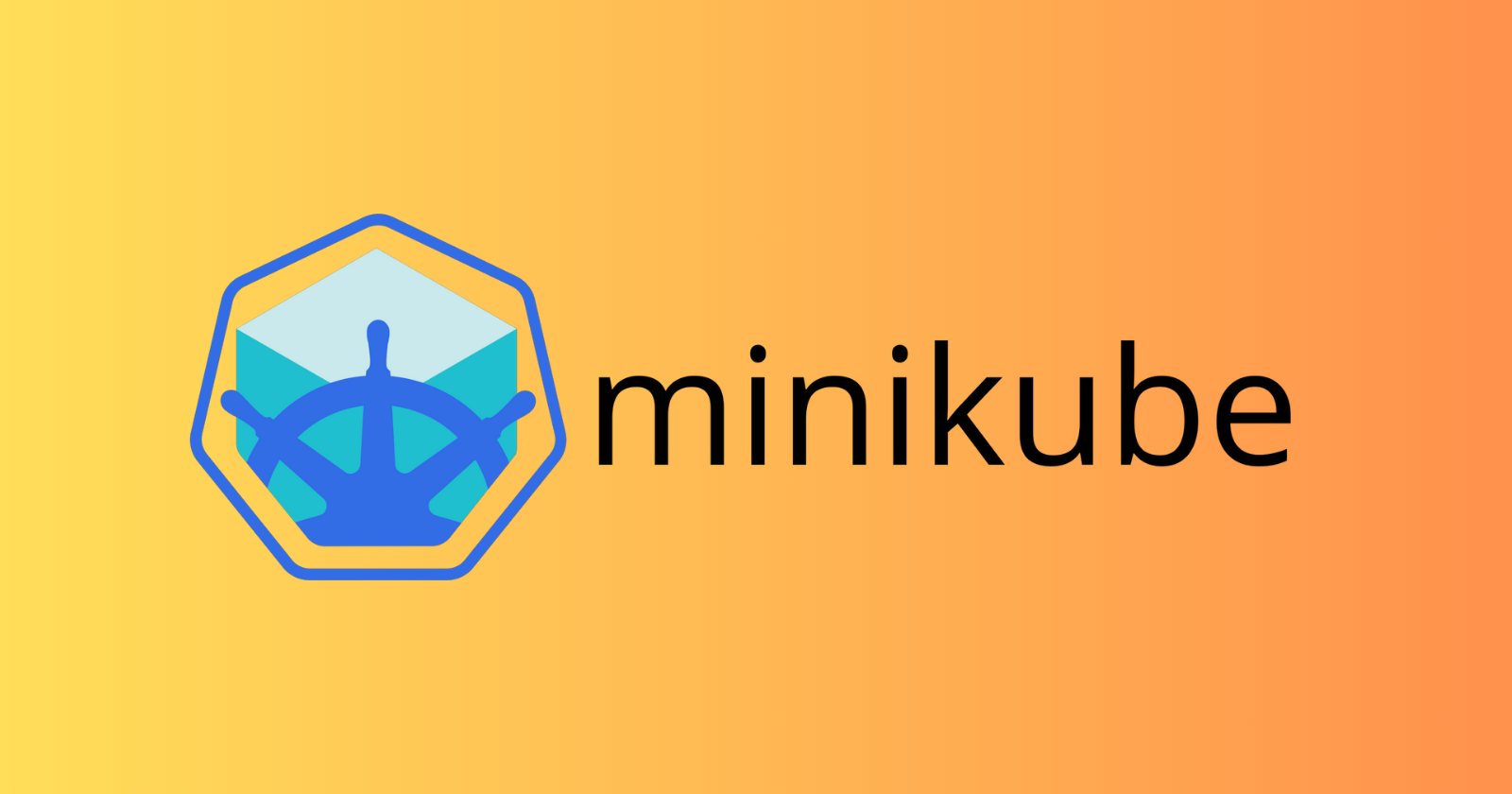✨Day 31 : Launching your First Kubernetes Cluster with Nginx running
 Vivek Ashok Moudekar
Vivek Ashok Moudekar
🎡What is Minikube?
Minikube is a tool that enables you to run Kubernetes locally on your machine. It creates a single-node Kubernetes cluster on your local computer, allowing you to develop and test Kubernetes applications without needing to set up a full-scale cluster. Minikube is great for learning Kubernetes, testing deployments, and developing applications that will eventually be deployed on a larger Kubernetes cluster.
🎡Features of Minikube
Minikube offers several key features that make it a valuable tool for developers and Kubernetes enthusiasts:
Local Kubernetes Cluster: Minikube allows you to run a single-node Kubernetes cluster on your local machine, enabling you to develop and test Kubernetes applications in a local environment.
Easy Setup: Minikube is easy to set up and can be installed on various operating systems, including Linux, macOS, and Windows, with minimal dependencies.
Isolation: Minikube provides an isolated Kubernetes environment, allowing you to experiment with Kubernetes features without affecting your production environment.
Resource Management: Minikube allows you to specify resource constraints, such as CPU and memory limits, for the Kubernetes cluster, making it suitable for testing resource-intensive applications.
Add-ons: Minikube supports various add-ons, such as Kubernetes Dashboard, Heapster, and others, to enhance your Kubernetes experience.
Kubernetes Version Support: Minikube supports running different versions of Kubernetes, allowing you to test your applications against specific Kubernetes versions.
Integration with Docker: Minikube seamlessly integrates with Docker, allowing you to build and deploy Docker containers on the Minikube Kubernetes cluster.
Networking: Minikube provides networking features that allow your Kubernetes pods to communicate with each other and with the outside world.
Storage: Minikube supports various storage options, such as local storage, hostPath, and NFS, for storing data in your Kubernetes applications.
Generally, Minikube is a powerful tool for learning, testing, and developing Kubernetes applications in a local environment.
🔄Pre-requisites
Ubuntu / AWS EC2 instance with t2.medium type or above.
kubectl
Docker
🛠Task 1 : Install minikube on your local & Create your first pod on Kubernetes through minikube.
📍Update your system packages
sudo apt-get update
📍Install Curl Package
sudo apt install -y curl wget apt-transport-https
📍Install the Docker
sudo apt install -y docker.io
📍Start and Enable Docker
sudo systemctl enable docker
📍Add the current user to the docker group (To use docker without root)
sudo usermod -aG docker $USER && newgrp docker
📍Then Once Reboot your system
sudo reboot
🕴 Install Minikube
curl -Lo minikube https://storage.googleapis.com/minikube/releases/latest/minikube-linux-amd64
🤖Make it executable and move it into your path:
chmod +x minikube
sudo mv minikube /usr/local/bin/
🖥Install the Kubectl
curl -LO "https://dl.k8s.io/release/$(curl -L -s https://dl.k8s.io/release/stable.txt)/bin/linux/amd64/kubectl"
📍Make it executable and move it into your path:
chmod +x kubectl
sudo mv kubectl /usr/local/bin/
Start the Minikube
minikube start --driver=docker
☸make nginx-pod.yaml file
apiVersion: v1
kind: Pod
metadata:
name: nginx-pod
spec:
containers:
- name: nginx
image: nginx:latest
ports:
- containerPort: 80
👩🔧run nginx-pod
kubectl apply -f nginx-pod.yaml
⚙Check pod
kubectl get pods
delete the pod
kubectl delete pod nginx-pod
stop the Minikube cluster
minikube stop
delete minikube cluster
minikube delete
Subscribe to my newsletter
Read articles from Vivek Ashok Moudekar directly inside your inbox. Subscribe to the newsletter, and don't miss out.
Written by

Vivek Ashok Moudekar
Vivek Ashok Moudekar
👋 Hello there! I'm Vivek, a DevOps enthusiast with a keen interest in streamlining software delivery. I hold a Master's degree in Computer Applications and have a solid foundation in key technologies such as Linux, Git, Docker, Kubernetes, and AWS. 💻 My passion lies in automation, ensuring efficient and seamless processes throughout the software development lifecycle. I thrive on creating robust CI/CD pipelines that empower teams to deliver high-quality software with confidence. 🚀 Beyond the code, I enjoy the ever-evolving world of DevOps and the challenges it brings. Join me on this journey as I explore new ways to enhance software delivery and foster a culture of continuous improvement. Let's connect, collaborate, and make the world of DevOps even more exciting together